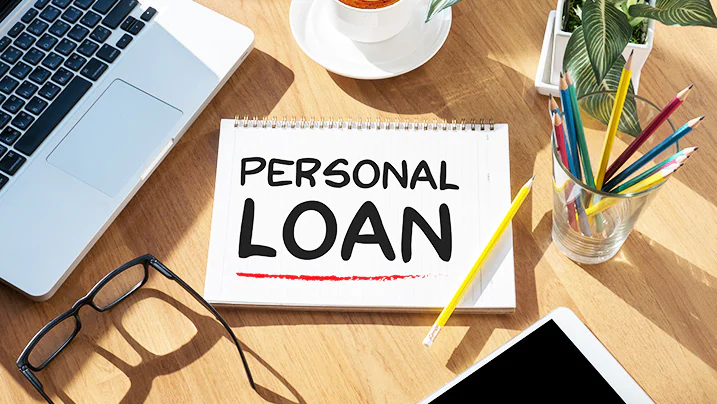What You Need to Know About Personal Loans
Personal loans can be an ideal way to finance major purchases or clear credit card debt. Most come with fixed interest rates and monthly payments that make budgeting simpler.
To determine whether you qualify, lenders will review your credit history and conduct a full application review, also known as underwriting.
Getting a Personal Loan
Personal loans are debts you repay over an agreed upon time with interest, typically unsecured (meaning you do not need to put up collateral such as your home or car) that allow for multiple purposes: unexpected expenses, consolidating debt or making big-ticket purchases are just some examples.
Applying for a personal loan varies depending on the lender. Most will conduct a credit check to approve the loan; having good credit may help secure you a lower rate loan.
Personal loans are widely available from banks and credit unions alike. By choosing to apply at a local bank, it will often allow for face-to-face meetings with a loan specialist and will speed up the loan process significantly. You will need documentation such as income, housing costs, debt payments, an official ID and Social Security number in order to complete an application for personal loans.
Interest Rates
Creditworthiness of borrowers is the main determinant of personal loan interest rates; as your score improves, so will your rate. Lenders also may offer different interest rates depending on what purpose or income type is being borrowed for.
The Federal Reserve adjusts the federal funds rate in response to inflationary trends, which in turn impacts how lenders calculate personal loan interest. Other considerations may include risk and market conditions.
Many online lenders provide low starting personal loan interest rates for those with excellent credit. A cosigner with better credit can also help qualify you for lower rates – just keep in mind they will be held liable if the debt remains unpaid. Credible makes it simple and accessible for consumers to browse multiple offers from different lenders so they can make an informed decision when selecting their loan provider.
Fees
Personal loans provide an effective and flexible means of financing major expenses, with lower interest rates than credit card debt. But like any loan, they also come with fees; taking these into consideration will help ensure you find the ideal loan solution for you.
Most lenders impose a processing fee to cover the expenses involved with reviewing and verifying loan applications, this fee can either be flat amount or as a percentage of total loan amount.
Origination fees cover the expenses associated with underwriting and approving loans, which can either be deducted from your loan amount or added into its total cost resulting in a higher APR.
Payment Protection Insurance (PPI) fees may also be assessed by lenders and may provide coverage if you lose your job, become disabled, or experience illness or injury that disrupts monthly payments. While not required by law, PPI can offer peace of mind while taking out loans.
Repayment
As with any loan, you must abide by your lender’s repayment terms. If you miss payments on time, they may report them to credit bureaus resulting in damage to your score. In contrast, paying off the full balance before the end of your term may cause it to be reported as paid in full and can actually help to increase it!
Personal loans can be useful tools in many instances, from covering expenses that exceed savings to paying unexpected costs or consolidating debts.
Shop around and find a competitive rate when looking for personal loan interest rates; rates can differ significantly between lenders. When applying, lenders usually conduct hard inquiries into your credit, which could temporarily lower it by several points. Make sure you are fully prepared before shopping around for one!

